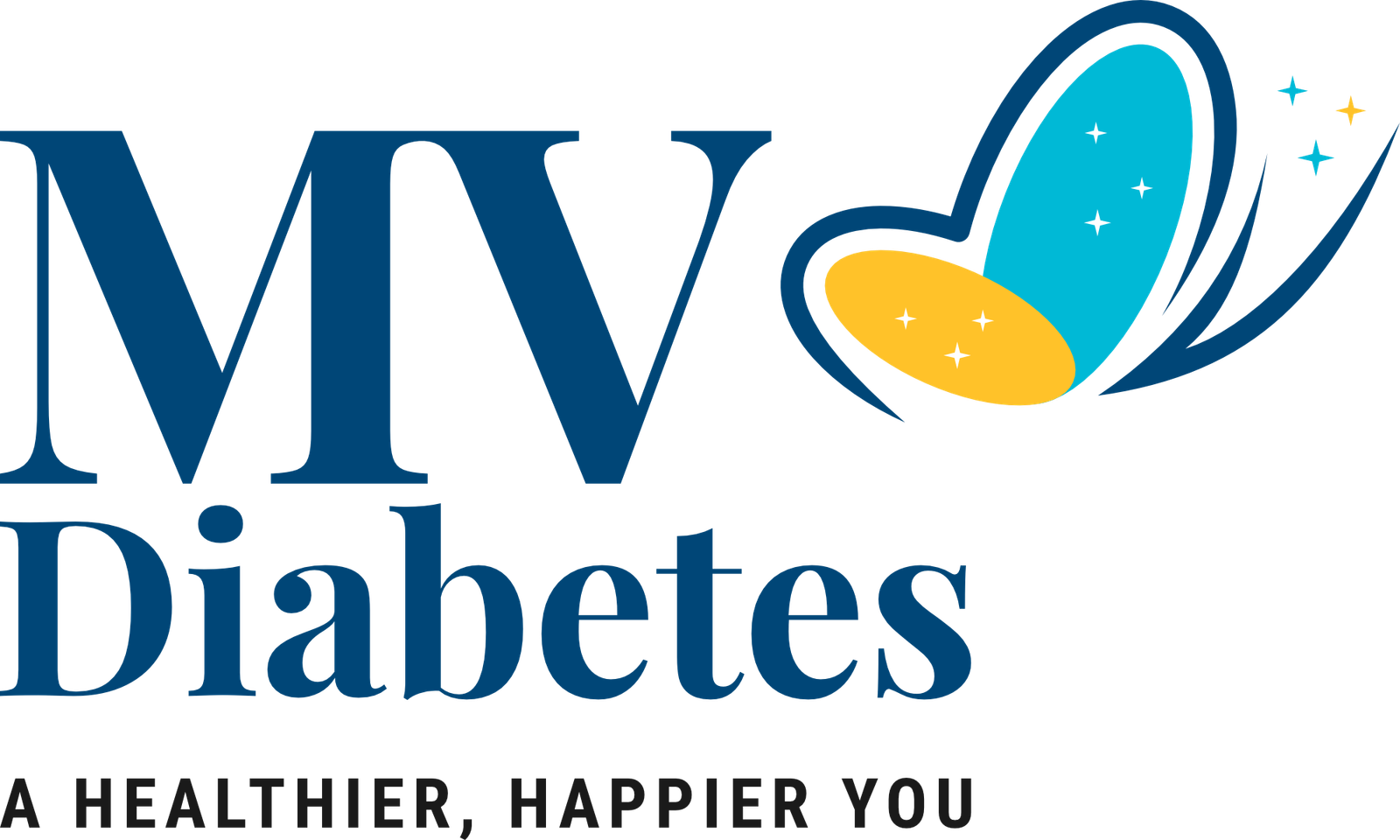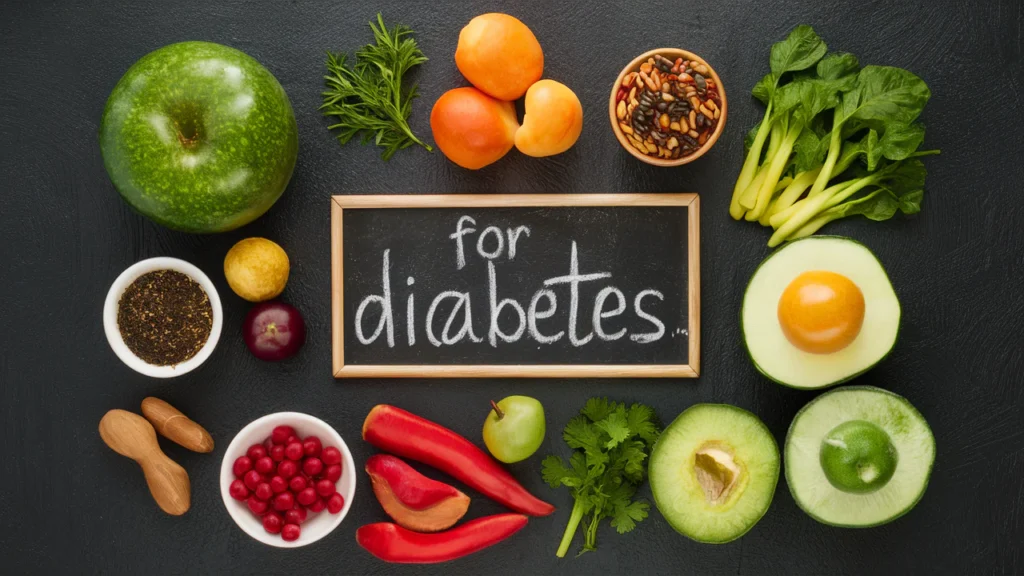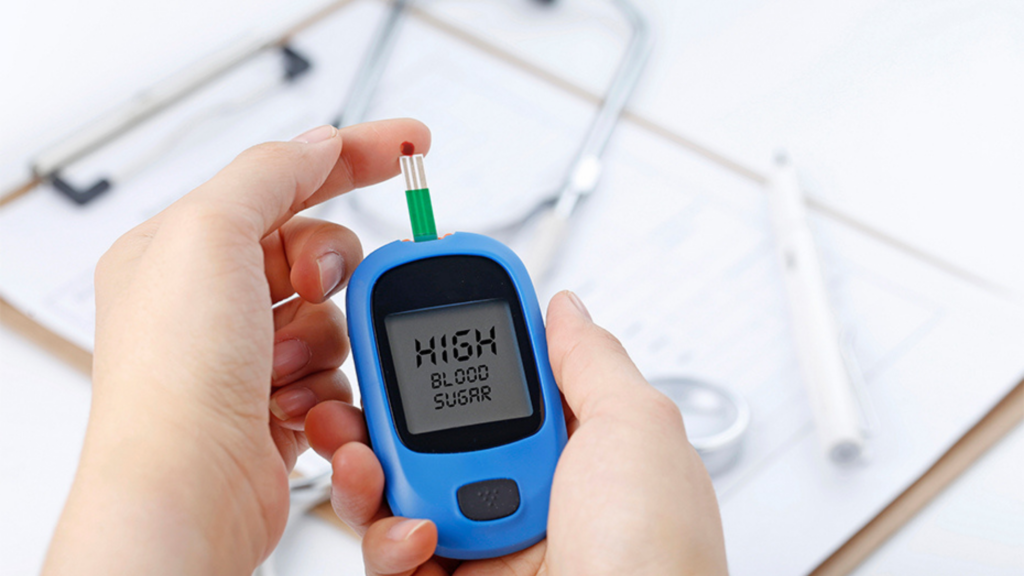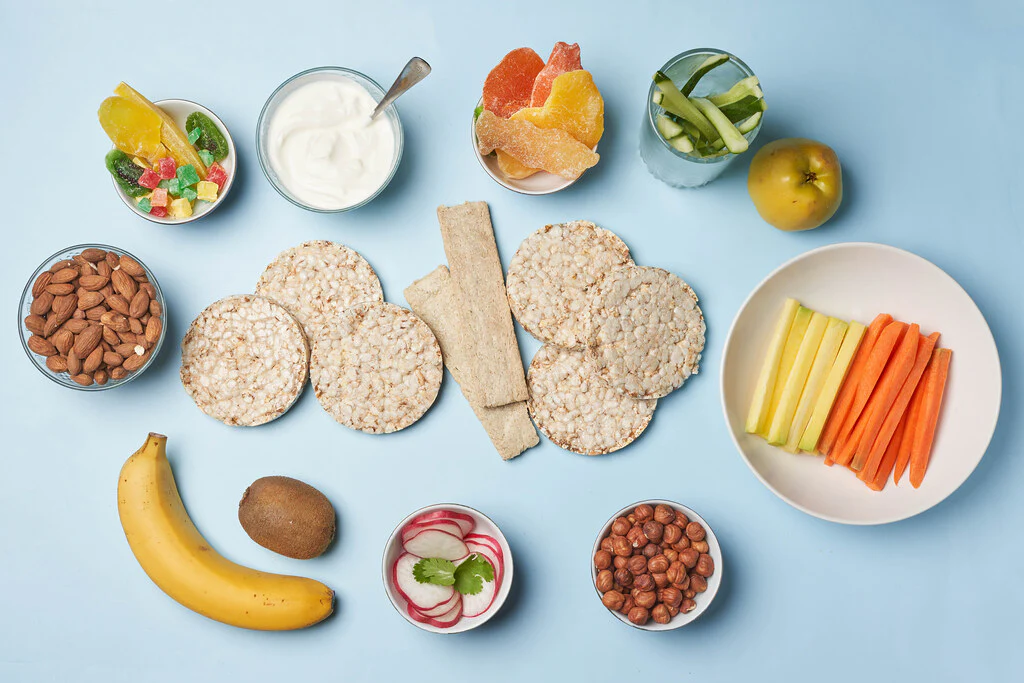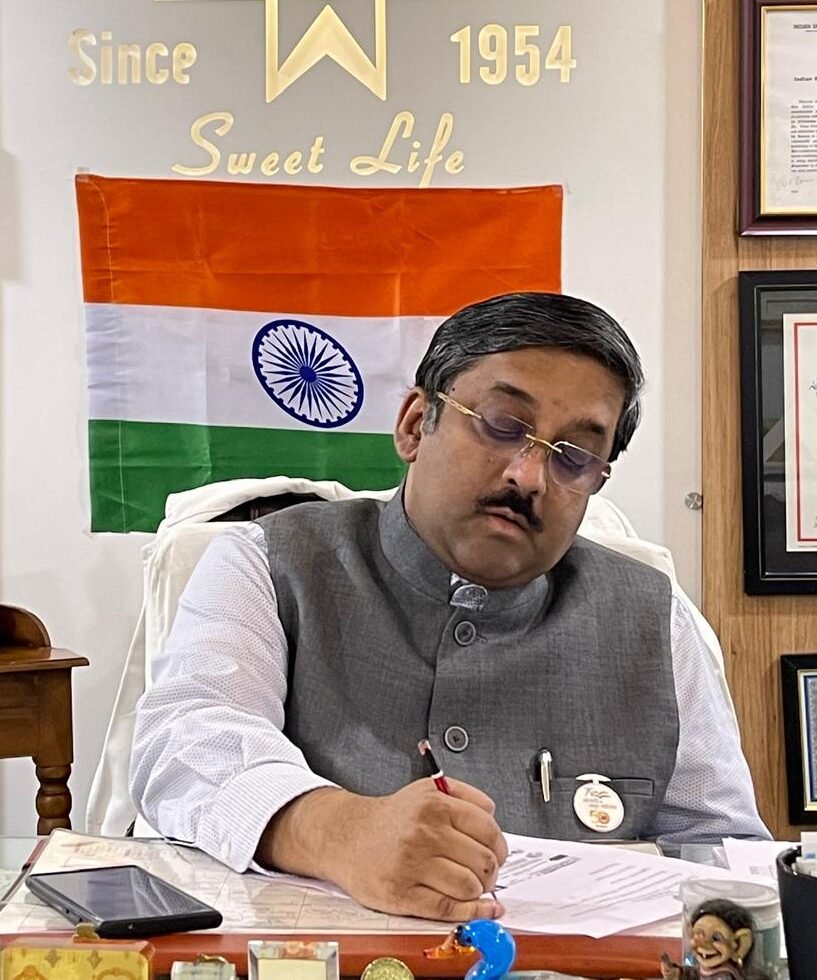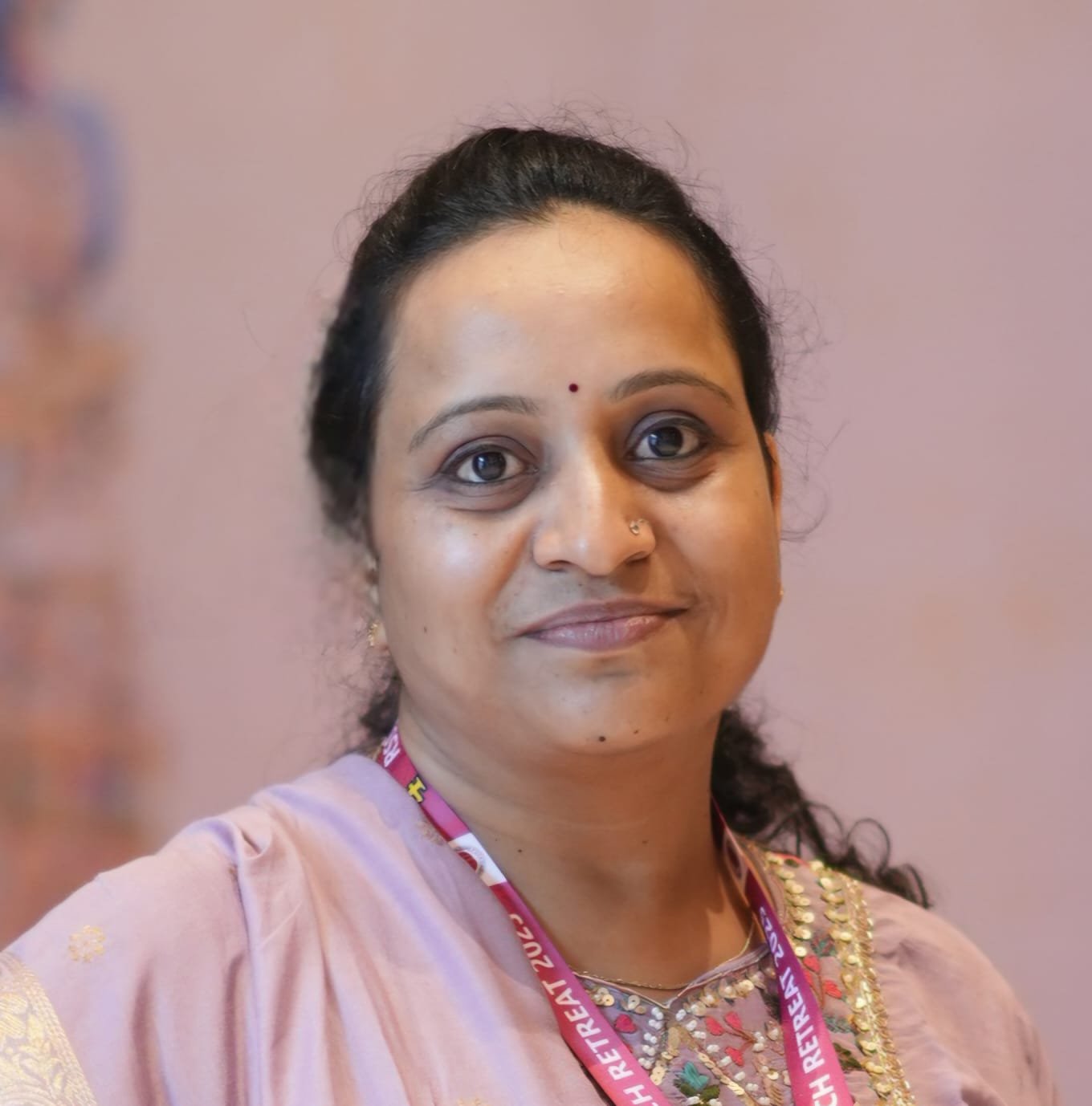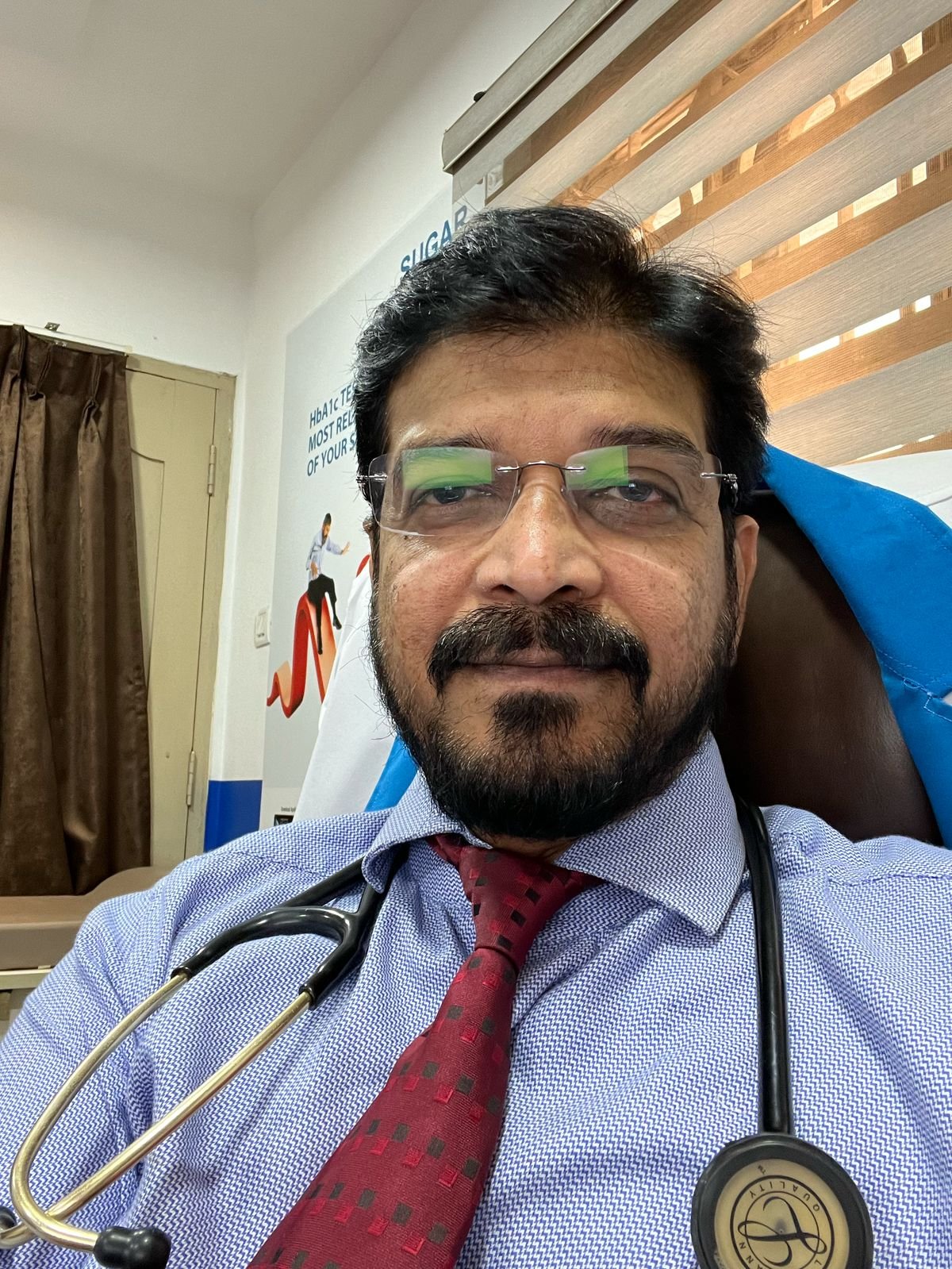Diet for Diabetic Patient Chart: A Comprehensive Guide from MV Diabetes Hospital
Managing diabetes effectively involves more than just medication; a balanced diet plays a crucial role. At MV Diabetes Hospital in Chennai, our specialists have developed an advanced diet chart for diabetes Indian patients. This comprehensive guide will help you understand the importance of diet in diabetes management and how to create a personalized diabetes diet plan tailored to the Indian audience.
Understanding Diabetes and Diet
What is Diabetes?
Diabetes is a chronic condition characterized by high blood sugar levels. It occurs when the body either cannot produce enough insulin or cannot effectively use the insulin it produces. Managing diabetes requires a multi-faceted approach, including medication, regular exercise, and a proper diet.
The Role of Diet in Diabetes Management
Diet is a critical component of diabetes management. A well-planned diet helps control blood sugar levels, manage weight, and reduce the risk of diabetes-related complications. By eating the right foods in the right amounts, diabetic patients can maintain stable blood sugar levels and improve their overall health.
Key Components of a Diabetic Diet
Balanced Macronutrients
A diabetic diet should include a balance of carbohydrates, proteins, and fats. Each macronutrient plays a specific role in managing blood sugar levels:
Carbohydrates: Choose complex carbohydrates like whole grains, legumes, fruits, and vegetables that have a low glycemic index.
Proteins: Incorporate lean proteins such as lentils, chickpeas, paneer, fish, and chicken.
Fats: Opt for healthy fats found in nuts, seeds, avocados, and oils like mustard, olive, and coconut oil.
Fiber-Rich Foods
Fiber slows down the absorption of sugar, helping to regulate blood sugar levels. Include plenty of fiber-rich foods such as vegetables, fruits, whole grains, and legumes in your diet.
Controlled Portion Sizes
Monitoring portion sizes is essential to prevent spikes in blood sugar levels. Using a diet chart can help you keep track of your food intake and ensure you're eating the right amounts.
Creating a Personalized Diet Chart
At MV Diabetes Hospital, our dietitians work closely with patients to develop personalized diet charts for diabetes in India. We focus on creating a balanced and nutritious diet list for diabetic patients to help them maintain stable blood sugar levels.
Here is a sample diet chart tailored specifically for diabetic patients in the Indian audience, including the best food for diabetic patients to support their health and well-being.
| Time | Meal |
|---|---|
| Early Morning |
|
| Breakfast |
|
| Mid-Morning Snack |
|
| Lunch |
|
| Afternoon Snack |
|
| Evening Snack |
|
| Dinner |
|
| Late Evening |
|
Importance of Hydration
Staying hydrated is crucial for managing diabetes. Water helps regulate blood sugar levels and supports overall health. Aim to drink at least 8 glasses of water a day. Avoid sugary drinks and limit the intake of caffeine and alcohol.
Latest Developments in Diabetes Care
At MV Diabetes Hospital, we incorporate the latest advancements in diabetes care into our dietary plans. Some recent developments include:
Continuous Glucose Monitoring (CGM)
CGM devices provide real-time insights into blood sugar levels, helping patients make informed dietary choices. Our dietitians use CGM data to tailor diet plans that optimize blood sugar control.
Personalized Nutrition Plans
Using advanced algorithms and AI, we create personalized nutrition plans that consider individual metabolic responses to different foods. This approach ensures that each patient receives a diet plan that is most effective for their specific needs.
Telehealth and Remote Monitoring
Our telehealth services allow patients to consult with dietitians remotely, ensuring continuous support and guidance. Remote monitoring tools help track dietary adherence and blood sugar levels, allowing for timely adjustments to diet plans.
Patient Education and Support
Education and support are integral parts of our approach at MV Diabetes Hospital. We provide patients with resources and tools to manage their diet effectively:
Workshops and Seminars
Regular workshops and seminars educate patients on the importance of diet in diabetes management. These events cover topics such as meal planning, healthy cooking, and reading food labels.
Support Groups
Support groups provide a platform for patients to share experiences, challenges, and tips for managing diabetes. These groups offer emotional support and motivation to adhere to dietary plans.
Online Resources
Our website features a range of online resources, including recipes, meal planning tools, and educational articles on diabetes management. Patients can access these resources anytime for guidance and inspiration.
Success Stories and Testimonials
Patient Experiences
The success of our dietary approach is reflected in numerous positive patient experiences. Testimonials highlight the effectiveness of personalized diet plans, the expertise of our dietitians, and the significant improvements in health and quality of life achieved through our dietary programs.
Impact of Personalized Diet Plan
Personalized diet plans have a profound impact on patient outcomes. Tailored dietary strategies ensure that each individual receives care that is most appropriate for their unique circumstances, leading to better management of diabetes and overall health.
FAQs
Diabetic patients should avoid high-sugar foods, refined carbohydrates, sugary drinks, and trans fats. It’s also important to limit the intake of processed foods and high-sodium items.
While diet plays a crucial role in managing diabetes, it is usually combined with medication, regular exercise, and other lifestyle modifications for optimal control.
Diabetic patients should aim to eat small, balanced meals every 3-4 hours to maintain stable blood sugar levels throughout the day.
The glycemic index (GI) measures how quickly a food raises blood sugar levels. Foods with a low GI cause a slower, more gradual rise in blood sugar, making them better choices for diabetic patients.
Staying motivated can be challenging, but setting realistic goals, tracking progress, seeking support from healthcare providers and support groups, and celebrating small victories can help maintain motivation.
